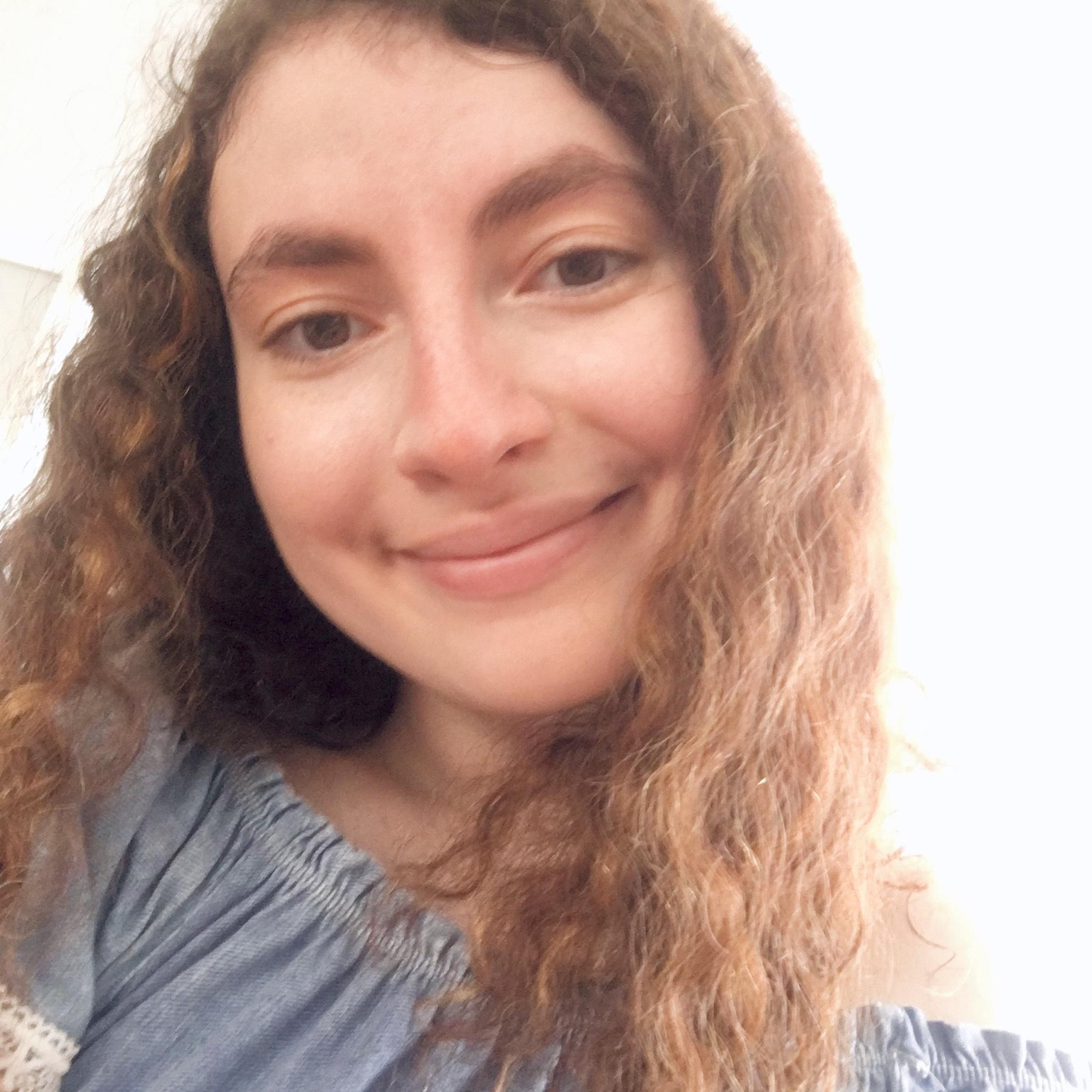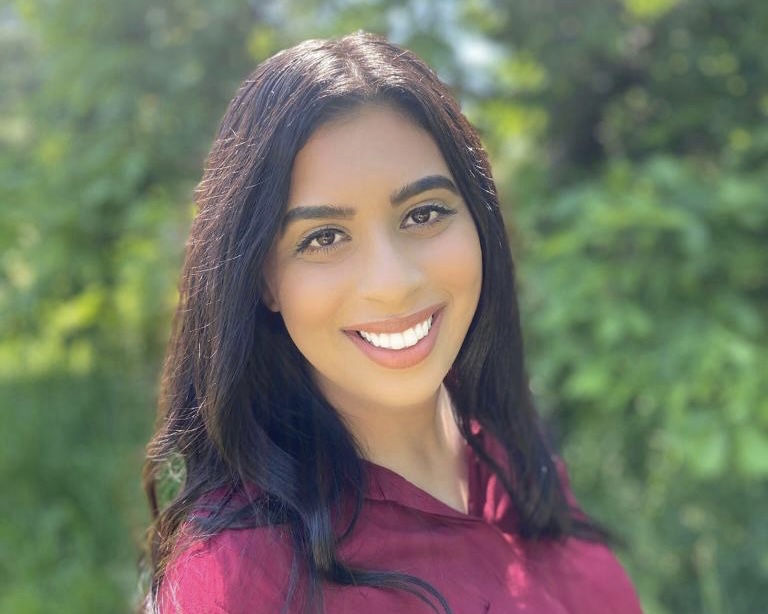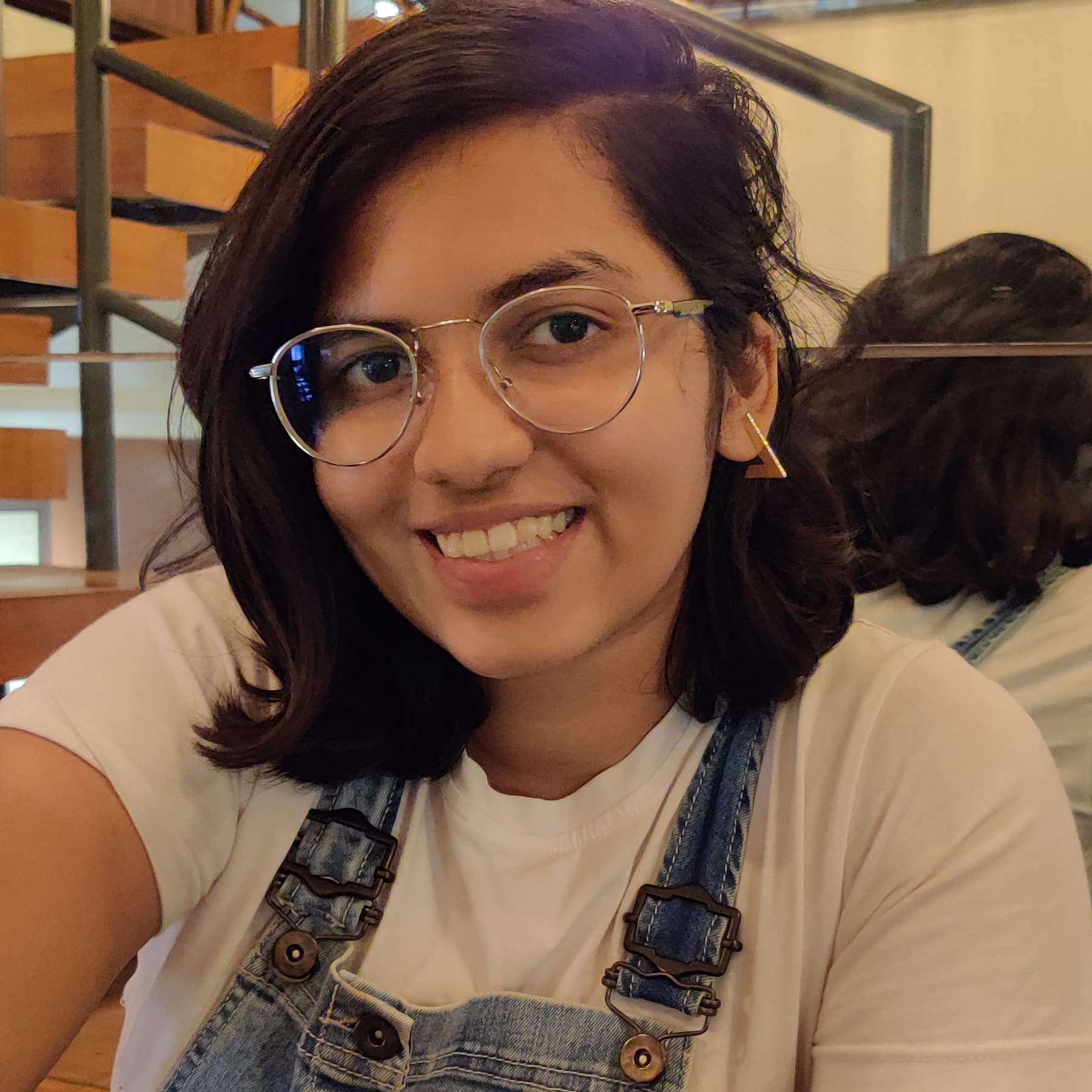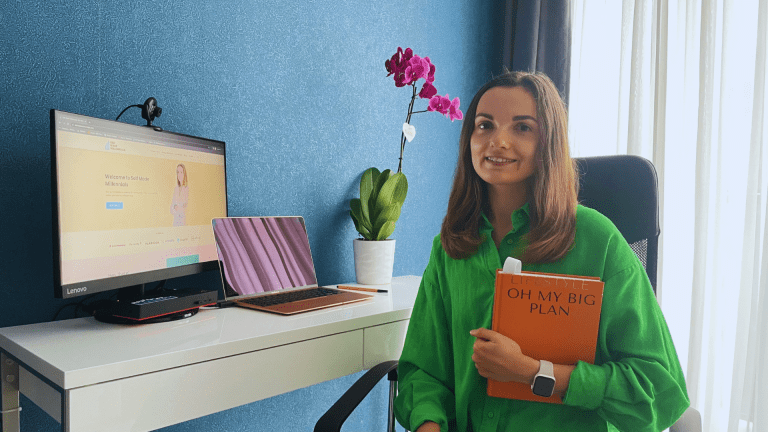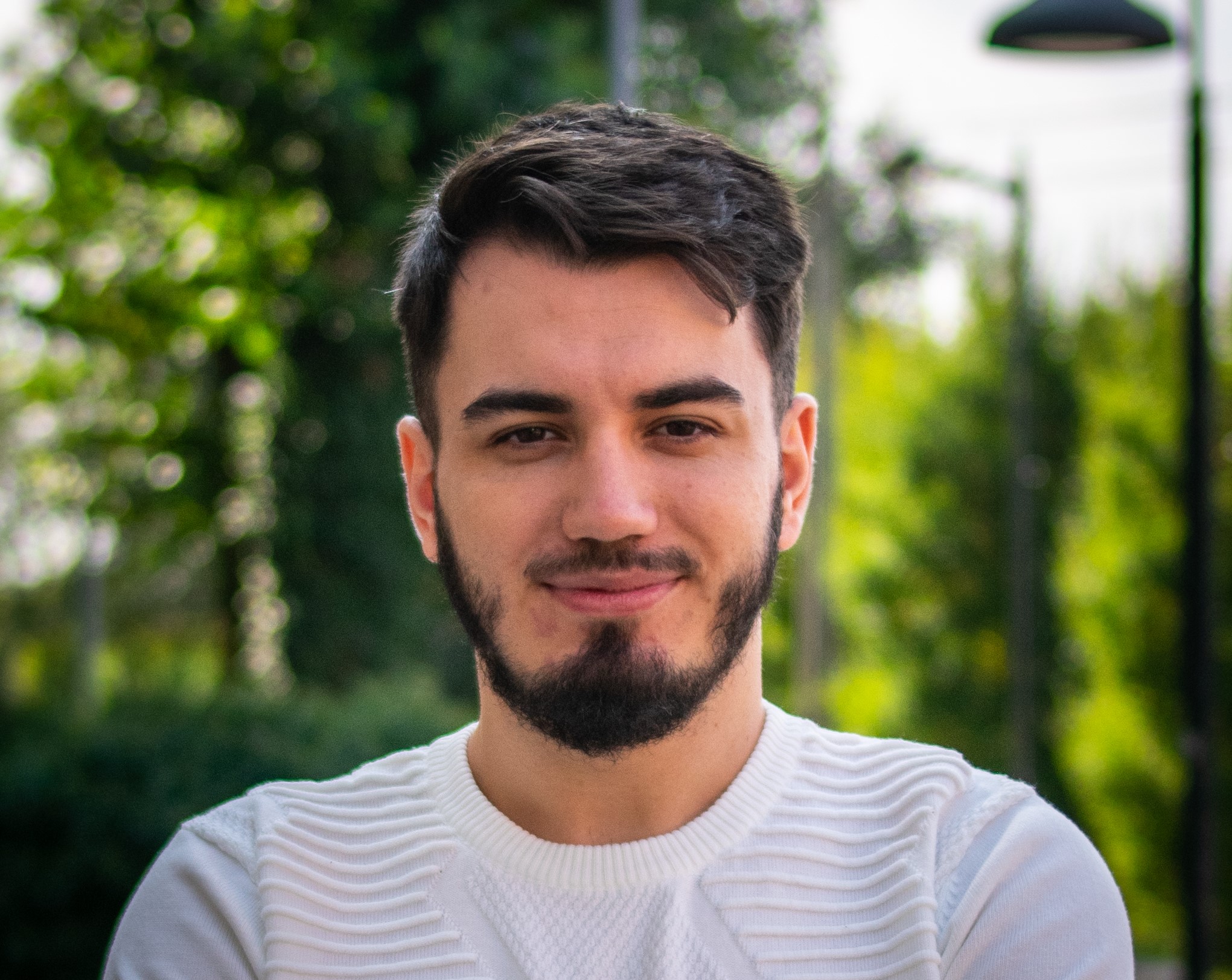How to Be More Creative With Angelina Der Arakelian
Growing up having a strong passion for words, Angelina Der Arakelian found out the best way to express herself is through writing.
Now as an author of a novel and two poem collections, she sees even more potential in people and things as she found creativity in words, rhythm, colors and many more…
Tell us a little about yourself.
My name is Angelina Der Arakelian and I’ve always loved expressing myself and my observations of the world in written form. I’m an author who has published 3 books (one novel and 2 poetry collections) and currently work as a freelance writer and content creator.
Since I was a child, I’ve loved reading and watching films, because I was able to access other worlds. I aspire to work as a screenwriter in the film industry one day. As someone who usually has a lot of ideas, I love to help others discover their own voice and creativity, and am always exploring the connection between creativity and a much bigger power, asking myself: Where does creativity come from?
Other than writing, I love to dance, paint and play the piano, always trying to explore creativity to its fullest.
Why do you enjoy expressing yourself in written form over other forms?
Perhaps it’s the ability to express myself in as many words as possible, which are unable to be spoken clearly through speaking, singing, or painting. My love for words and creating stories out of them began as soon as I discovered the alphabet.
I also believe that words set the foundation for a lot of other types of artistic expressions, such as singing or acting. Writers aim to deliver meaning through words in many different forms, and oftentimes they go unnoticed.
Could you tell us a bit more about the novels and poetry collections you’ve published?
Yes, indeed. My novel is called A Week in Berlin and it is a historical fiction/science-fiction story that was inspired by the actual experience of my great-grandfather who survived the Armenian Genocide in 1915.
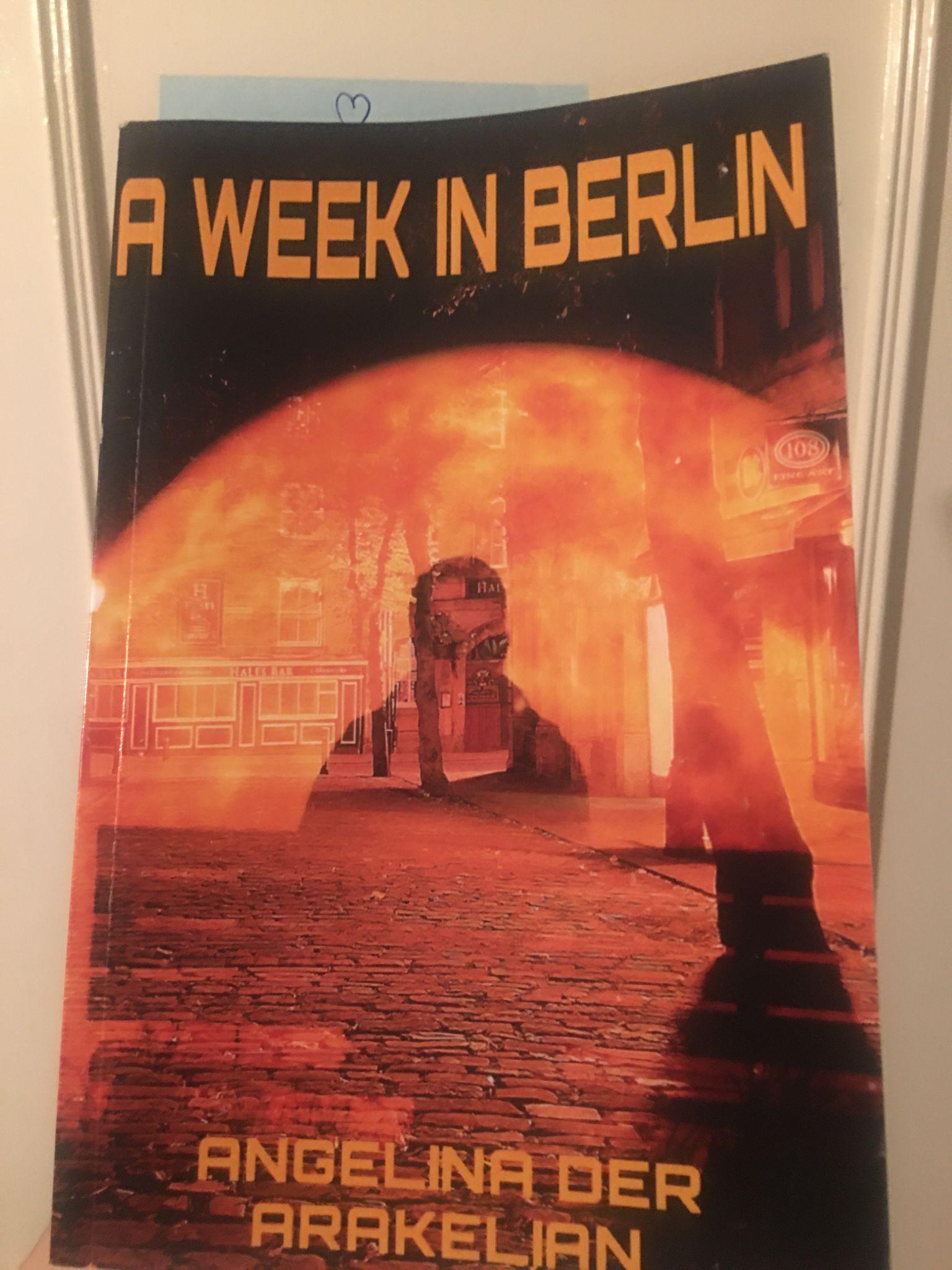
I believe fiction is one of the most efficient ways to document life, or a truth that can’t be conveyed otherwise.
The story follows the main character, Patrick, who realizes he isn’t who he was brought up to believe, and actually serves the world, and humanity, a much larger purpose. Together with others who form a part of what is known as the Intelligence group, he embarks on a journey to travel through time, save his family and uncover some dark secrets that prove not everything in the world is as it seems.
My next two books are poetry collections, called When Moonlight Falls – Heartfelt Notes from a Curious Mind-Traveler and A Glimpse of Eternity respectively.
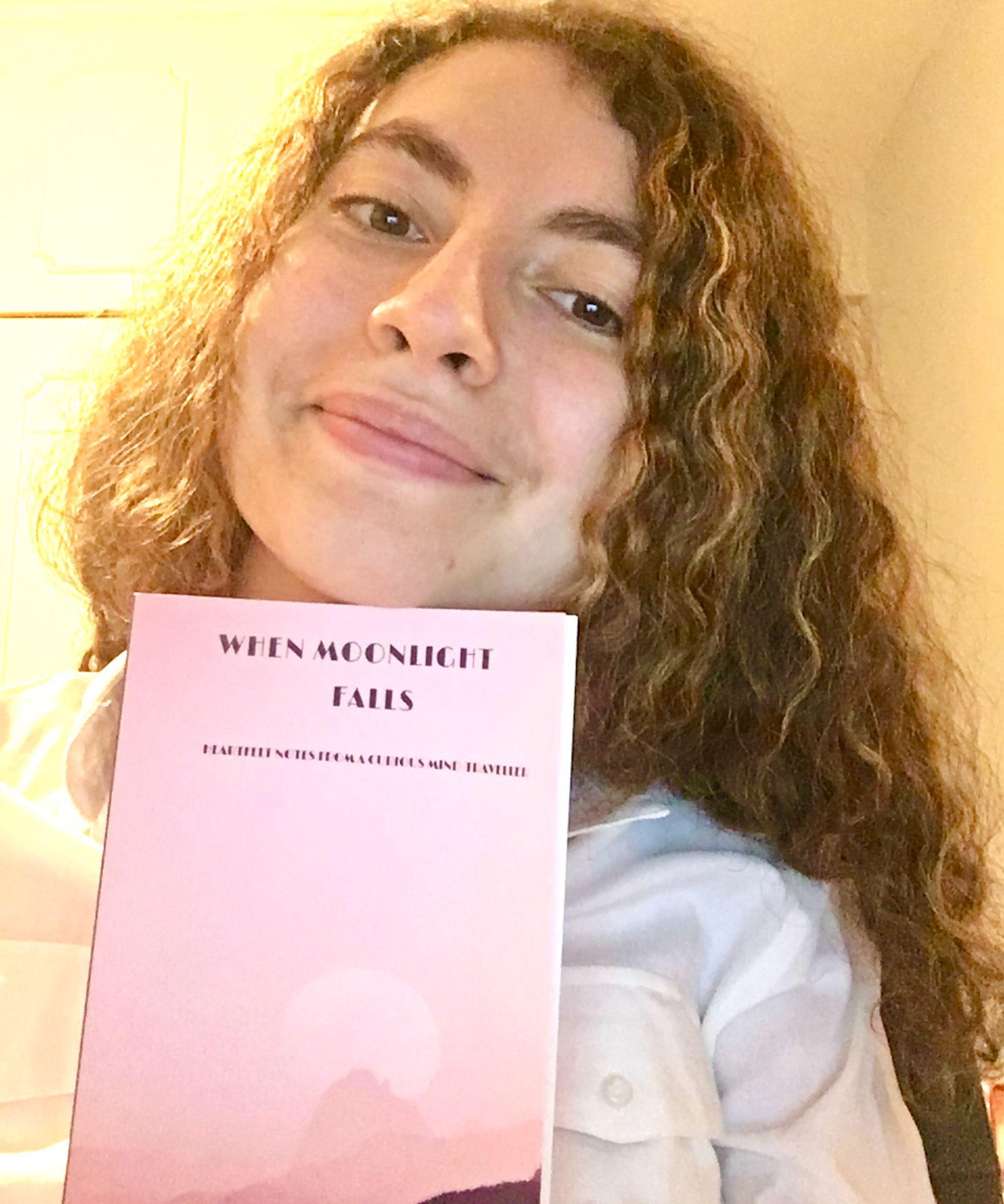
The first collection was inspired by deep thoughts that would keep me up at night, or general observations of the world around me.
The second poetry collection details the journey of a grieving woman across space, who had lost her husband in a similar space exploration attempt and is determined to carry out his legacy. It explores themes of time, love, death and everything in between.
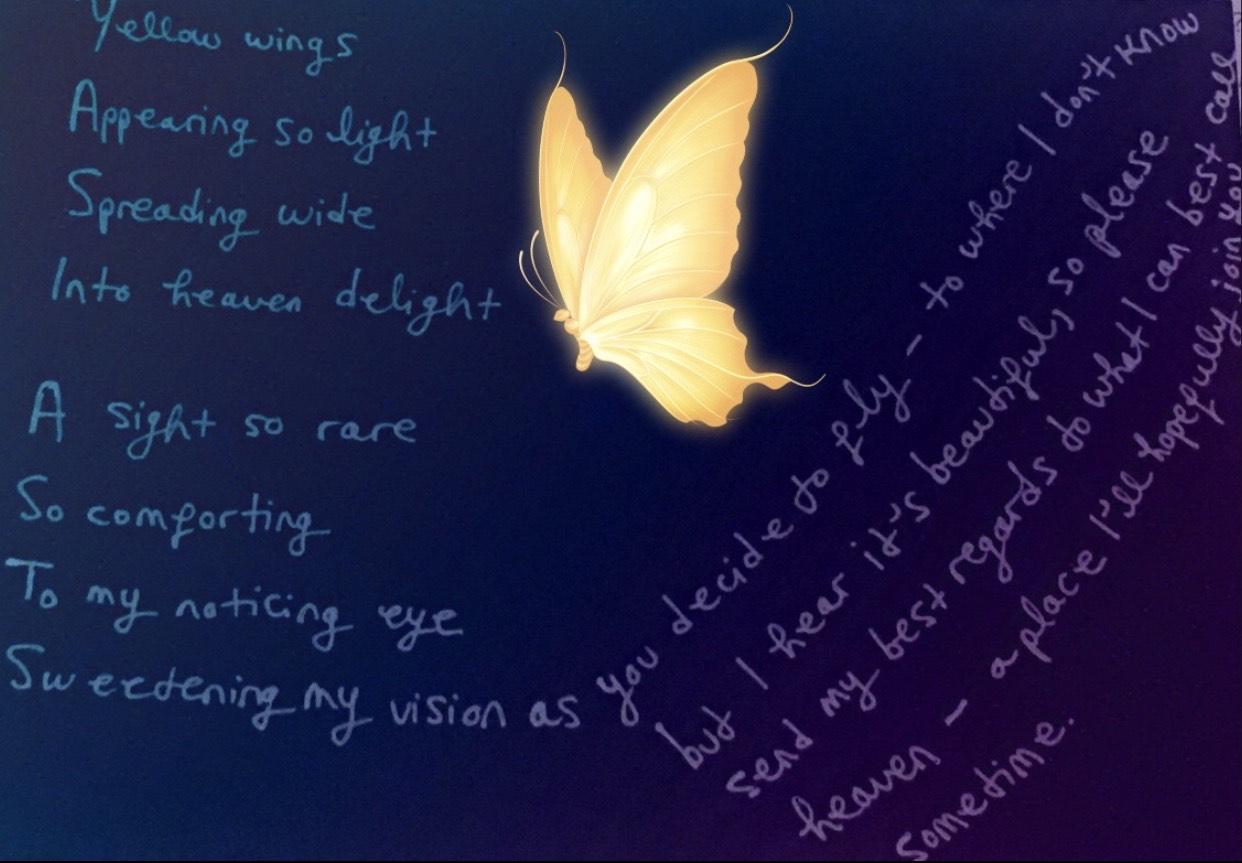
How do you capture, store, and then make use of your random ideas?
I typically write down my ideas as notes in a writing software such as Effie. It helps me understand the main idea that I need to work with in order to develop it into a story, character, setting or message that somebody else will hopefully relate to. I also like to write down ideas in a physical journal or on little post-it notes.
Do you think it’s necessary to have a fixed writing time every day or do you prefer to write whenever you feel like writing?
Fixed hours have never been a part of my writing routine, and only used if I’m writing for work.
Generally, I believe creativity hits you when you least expect it, so having a pen and notebook (or a writing software like Effie!) on hand anytime I feel the need to write an idea down, is a privilege.
What do you like most about Effie? Are there any features that you find useful while using?
I would say that my absolute favorite feature in Effie is creating mind-mapps. This feature isn’t one that you find readily available in most other writing or notes softwares.
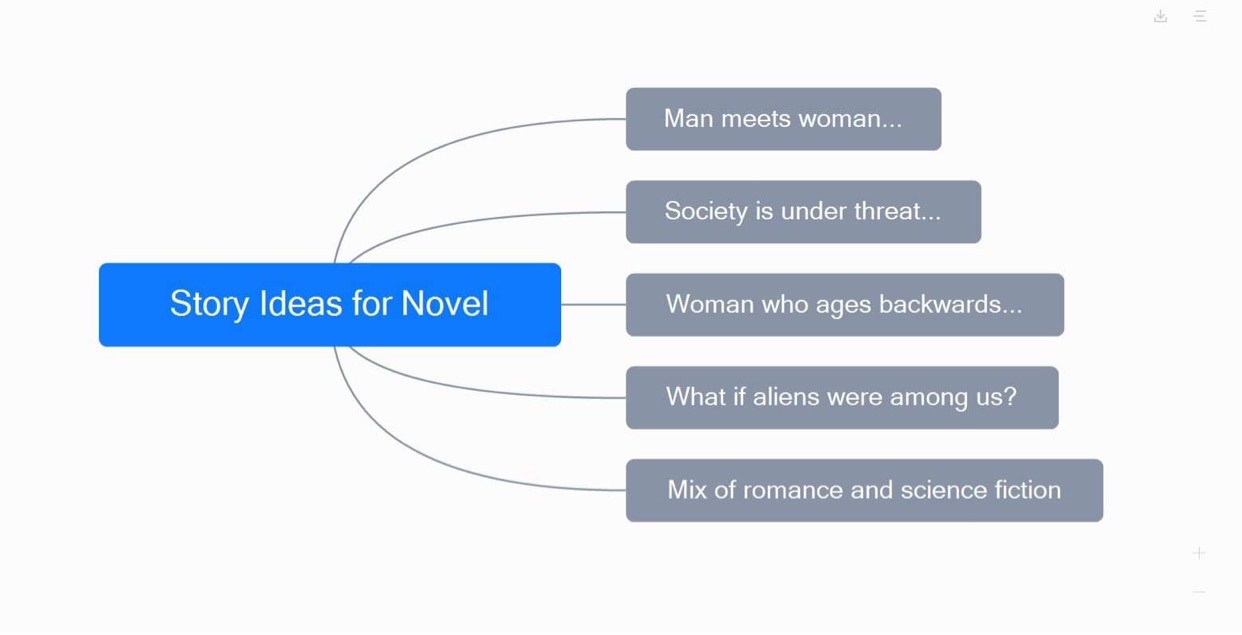
I especially like how I can change the style of the mind-map to fit the theme or mood of the content I am writing down. It’s fun to be able to experiment with different organizational styles!
What skills and qualities do you think are necessary to become a good screenwriter?
The ability to notice people, what they do and what they think. That is how you develop characters with deep, complicated backgrounds that can connect with the viewer on an intimate level.
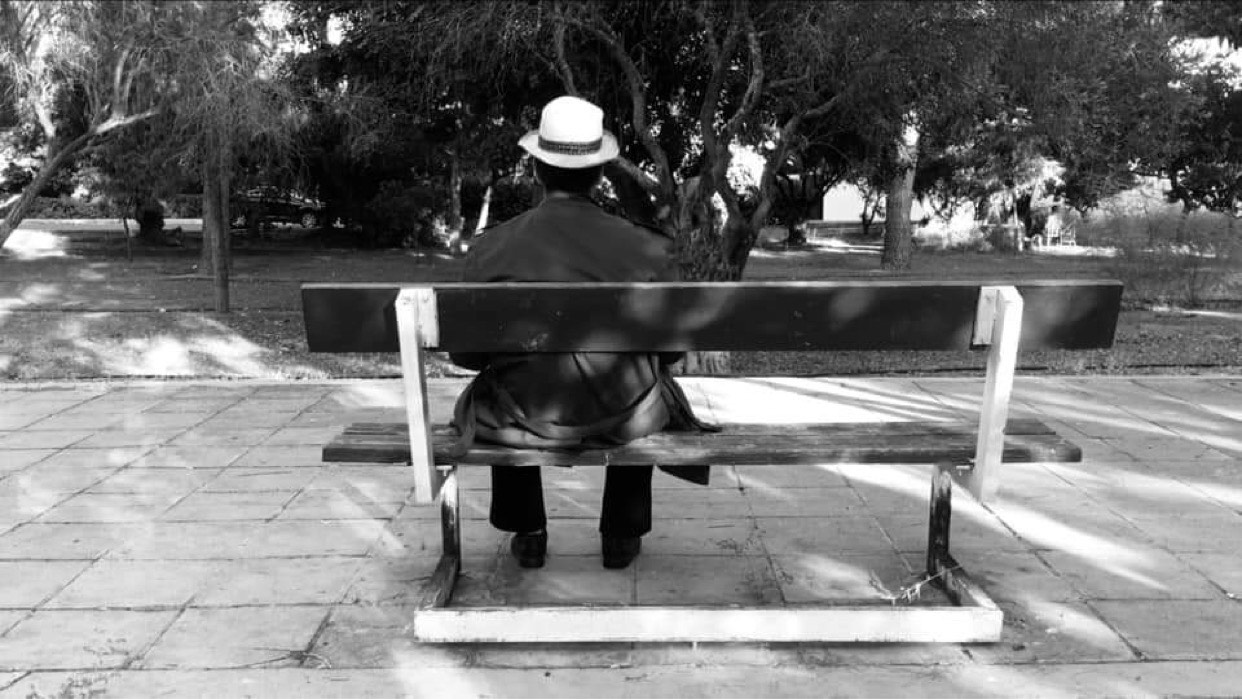
As well as this, a good visual imagination is very helpful to have, as it means you are able to direct your words in the script as you would direct speeches or movements on camera as a film director (see Serenity, a short film written, directed and edited by Angelina)
What would be your current answer to “Where does creativity come from”?
This is a question that I will never stop exploring.
I like to think that creativity comes from within oneself – that part of us that cannot be identified with labels. In other words, I see creativity as a product of that self trying to make sense of the world around them, especially if it has felt like an outcast, or experienced injustice in any shape or form. This is why you’ll most likely hear that artists and creatives of all types, across various time periods, have been said to have “gone mad” or had mental health challenges.
Creativity is the desire to create something when there seems to be nothing.
The desire to explore the tools that exist within ourselves, whatever it may be – pain, disillusionment, love, and use them to create something of meaning; something beautiful.
How do you help others to also discover their own creativity?
Whether it be online or in real life, I try to help others work on ideas that they’ve been thinking of, or are struggling to develop. I tell them to start writing that book, joining that cooking class, auditioning for that role. Time is too precious to be stuck thinking if we should develop an idea or not, and I am still coming to terms with that myself.
I also try to make sure that my work reflects the willingness to help others tap into their creativity, by speaking about creativity or creating prompts that will help stimulate the creative brain.
Encouraging one another to tap into the natural gift or talent we have is one of the profound acts we can do as human beings.
Do you think that other activities (e.g. dancing, painting and playing the piano) help with your writing? How so?
Yes, most definitely!
I find that indulging in other creative activities helps me come up with new ideas for writing, and also helps me be more creative in general. This is because our minds tend to enter a creative mode where we’re fully in tune and love everything we’re doing at that moment.
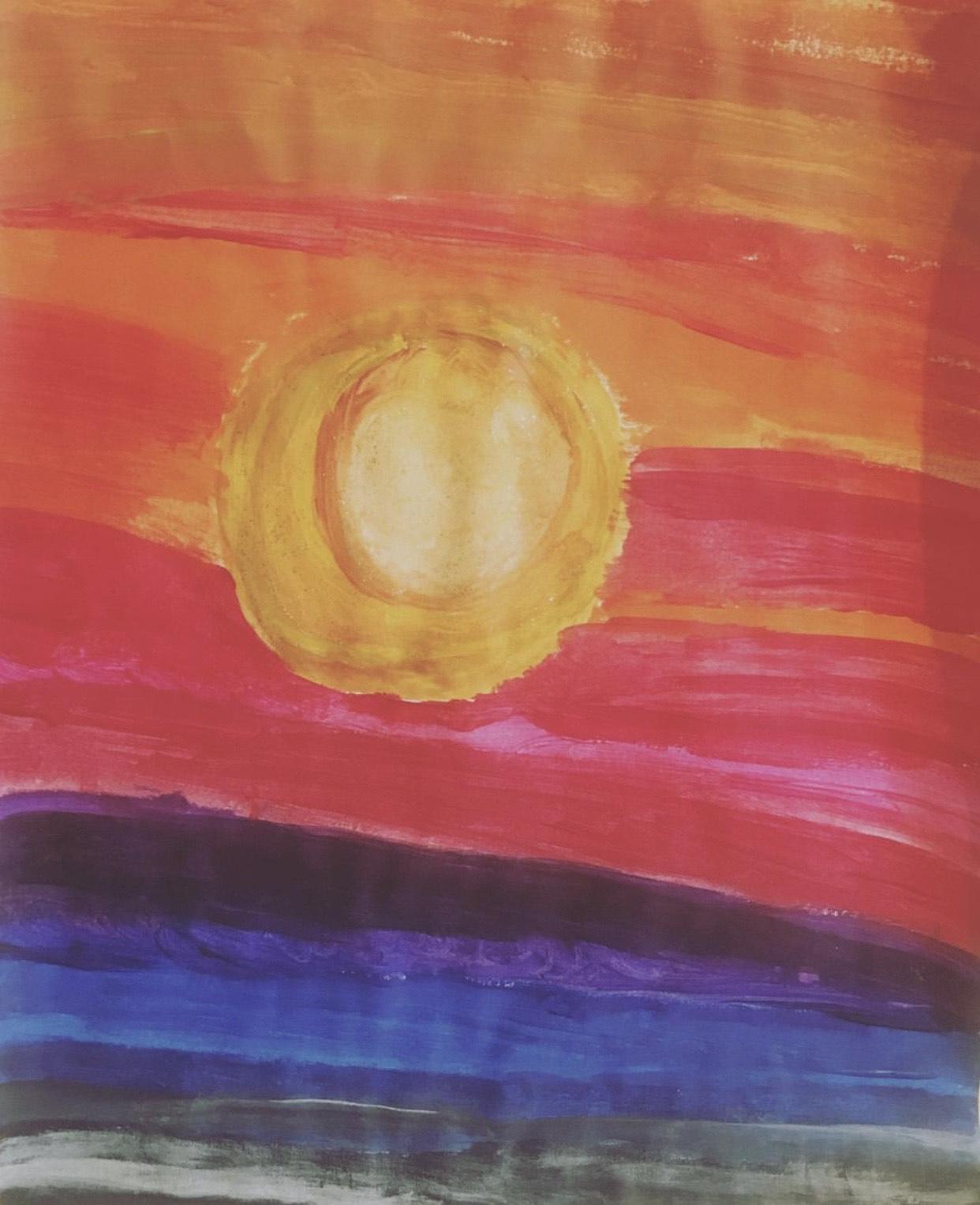
To better understand this moment, I highly recommend watching the animated movie Soul (2020) by Disney. It follows a man who tries to regain his purpose in life while embarking on a journey to reclaim his soul, and it perfectly showcases this “blissful moment” that I speak of. When you watch it, you’ll understand.
Other than Effie, what other tools you often use when writing?
I often use a few writing and note-taking tools such as Google Docs, Novel Factory, and Notion. For screenwriting, I use Celtx.
Lately, though, my writing tools have simply consisted of Effie and the Notes app on my phone. I love minimalist software that allows me to write down my ideas as they come, with as few distractions as possible, and Effie is an excellent example of that.
Want to know more about Angelina? Feel free to check out her latest post on Medium, poems on Instagram (@angelinaderarakelian), and more writing tips on TikTok (@angelinawriteswords)


